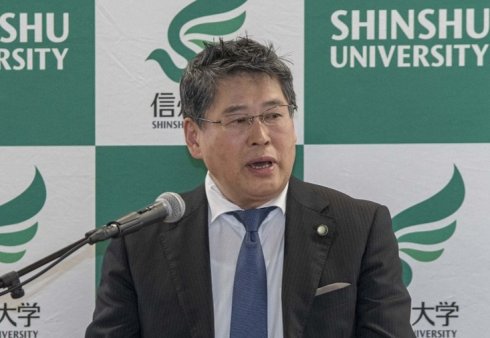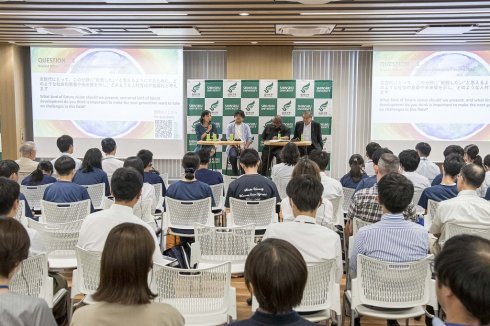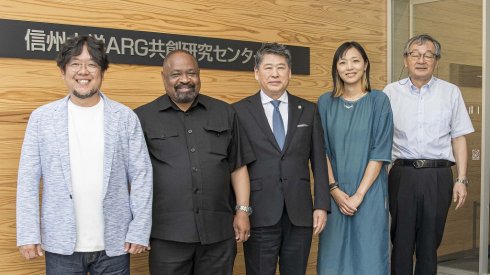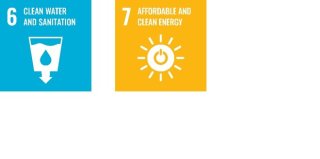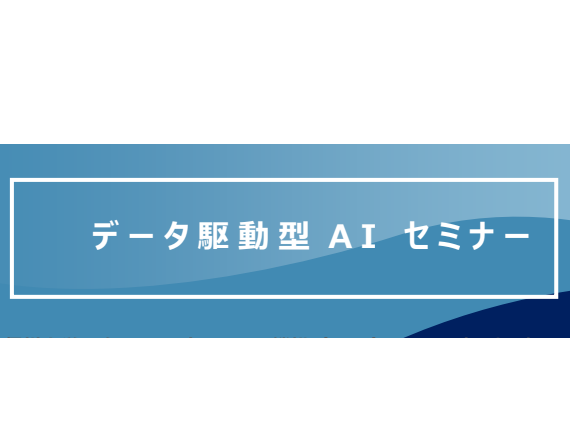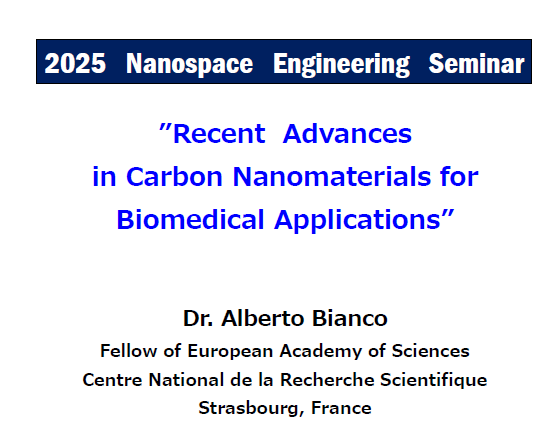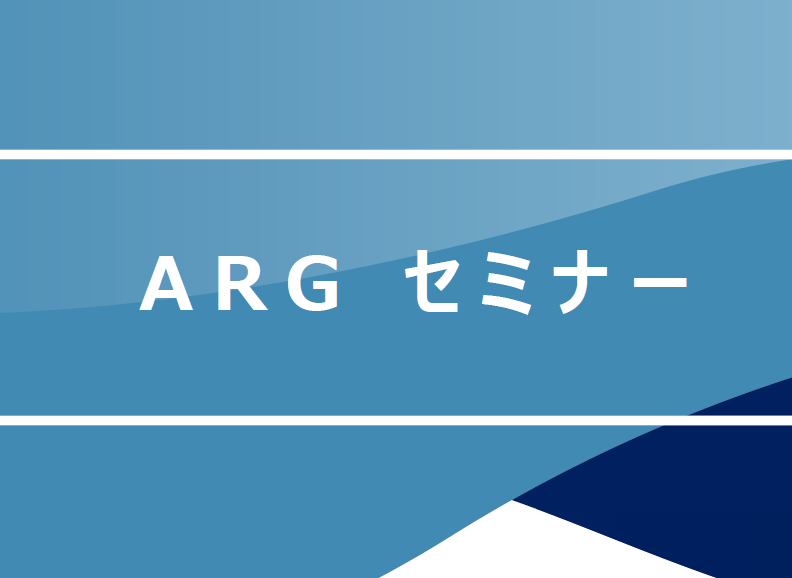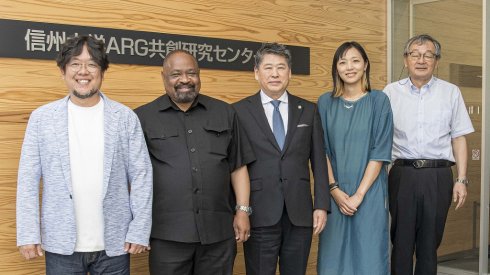Opening remarks delivered by President Soichiro Nakamura
On 16 September 2025, during the 80th Session of the United Nations General Assembly, Shinshu University launched the first Japanese-led session among eight academic institutions at the Science Summit 2025. Addressing global challenges of water and energy, the university introduced its innovative "Aqua Regeneration Technology," presenting a concrete roadmap toward a sustainable future.
The session began with opening remarks from President Soichiro Nakamura, who introduced the "Aqua Regeneration Central Hub (ARCH)," established in 2024. The center focuses on two key areas: safe and secure water supply using advanced materials, and green hydrogen production through artificial photosynthesis. A powerful message was delivered: "Science must connect with society and drive action across nations and disciplines."
In the first keynote speech, Distinguished Professor Katsuya Teshima, Director of the Institute for Aqua Regeneration, addressed the global water crisis. He highlighted that six out of nine planetary boundaries have already been exceeded, with water deeply involved in many of them. As a solution, he introduced "Shindai Crystal," a groundbreaking material capable of selectively adsorbing and removing harmful heavy metals and fluoride ions. This technology has contributed to solving severe water issues in Africa. In Lemanda Village, Tanzania, where fluoride ion contamination has caused health problems such as bone deformities in children, a water purification plant using Shindai Crystal was installed in 2023, providing safe water for the first time. Collaborative research with the Tanzania Water Institute is ongoing.
Next, Distinguished Honorary Professor Kazunari Domen presented cutting-edge research on green hydrogen production, a promising carbon-free energy source. His team developed a revolutionary system, which is low-cost and scalable using powdered photocatalysts mixed with water. It produces hydrogen simply by exposure to sunlight. A 100-square-meter prototype has already proven successful, and a 5,000-square-meter commercial-scale system is under construction in collaboration with the cities Iida and Matsumoto in Nagano Prefecture. The team aims to achieve a solar energy conversion efficiency of 5%, a benchmark for commercialization, within a few years.
During the panel discussion, moderated by Ms. Yoko Kamimura of SUNDRED Co., Dr. Adam O. Karia, Rector/CEO of the Tanzania Water Institute, explained that 15 to 20 million people in Tanzania are affected by fluoride ion-contaminated water. He expressed strong expectations for collaboration with Shinshu University, stating, "Without water, a better world is impossible. We are one world, one people, and must cooperate." He urged younger generations to contribute their expertise to international cooperation.
This session showcased how cutting-edge science and technology from Japanese universities can transcend borders, foster global collaboration, and offer tangible solutions to planetary challenges, paving the way for a sustainable future.
The session is also available on YouTube: https://www.youtube.com/watch?v=dp7wPd77-Mw



